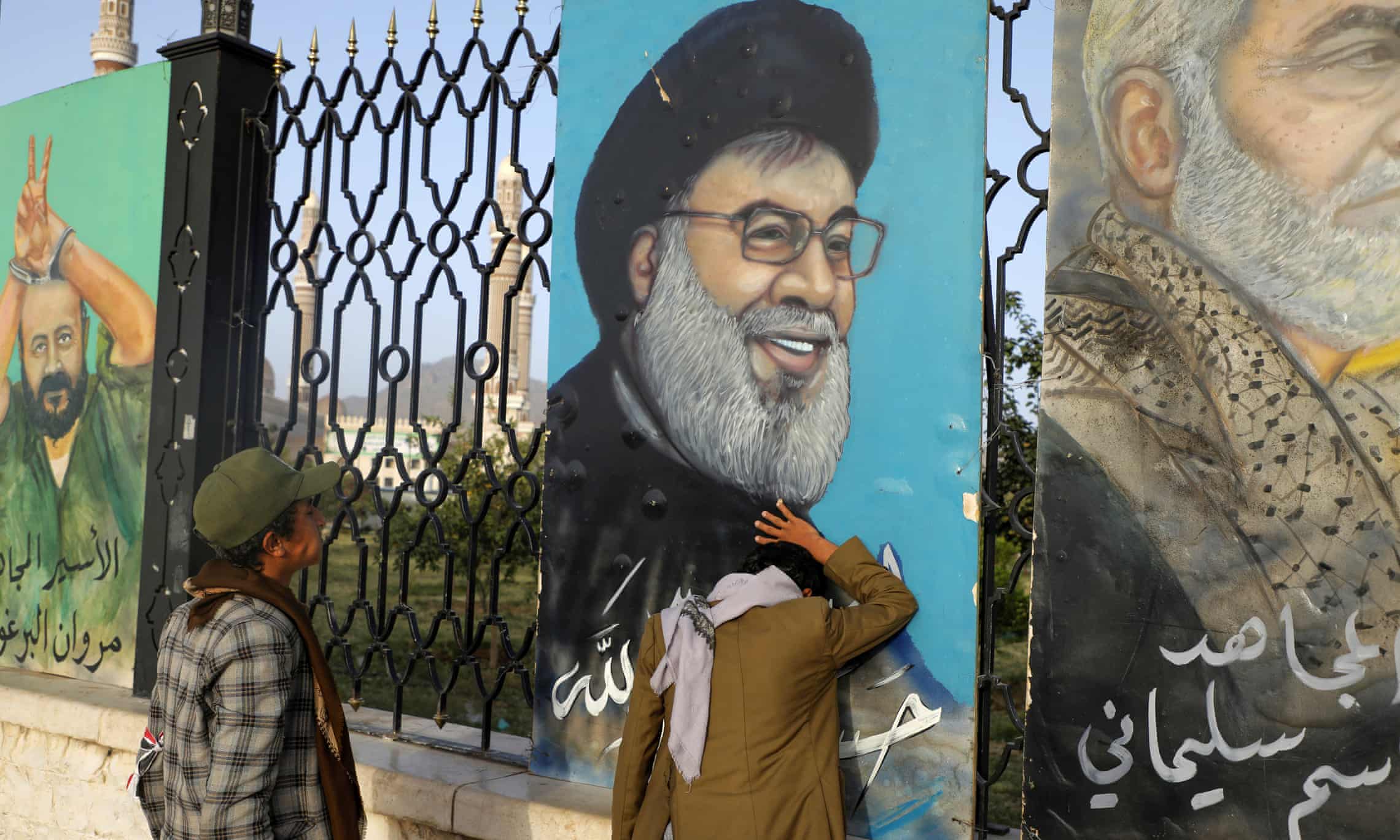When several Colombian men were indicted in January 2010 on money-laundering charges, the case in Brooklyn federal court drew little attention.
It looked like a bust of another nexus of drug traffickers and money launderers, with mainly small-time operatives paying the price for their crimes.
One of the men was Julio Chaparro, a 48-year-old father of four who owned three factories that made children's clothing in Colombia.
But to U.S. authorities the case was anything but ordinary. Chaparro, prosecutors alleged, helped run a money-laundering ring for drug traffickers that took advantage of lax controls at UK-based international banking group HSBC Holdings Plc. It was one of the most important leads for U.S. investigators pursuing a case against the bank that eventually led to a $1.9 billion settlement on December 11.
Chaparro was "basically putting the orchestra together" and investigators saw "him as a major player in terms of cleaning a lot of money," said James Hayes, special agent in charge of Homeland Security Investigations at U.S. Immigration and Customs Enforcement in New York. Known as ICE, the agency and its task force led the probe.





 Several professors at universities around the US are facing disciplinary actions in regard to their support...
Several professors at universities around the US are facing disciplinary actions in regard to their support... Israel launched a wave of airstrikes against Houthi targets in Yemen on Sunday while continuing to...
Israel launched a wave of airstrikes against Houthi targets in Yemen on Sunday while continuing to... Less than two weeks before the presidential election, a former model has gone public with accusations...
Less than two weeks before the presidential election, a former model has gone public with accusations...






























